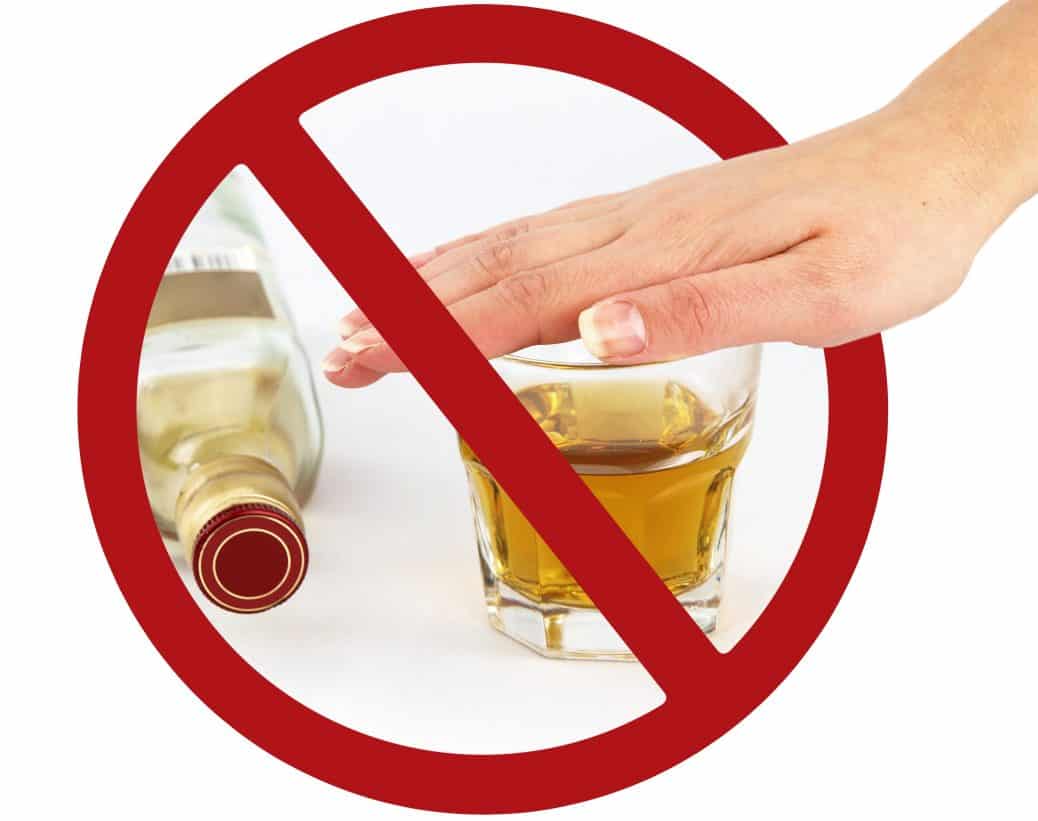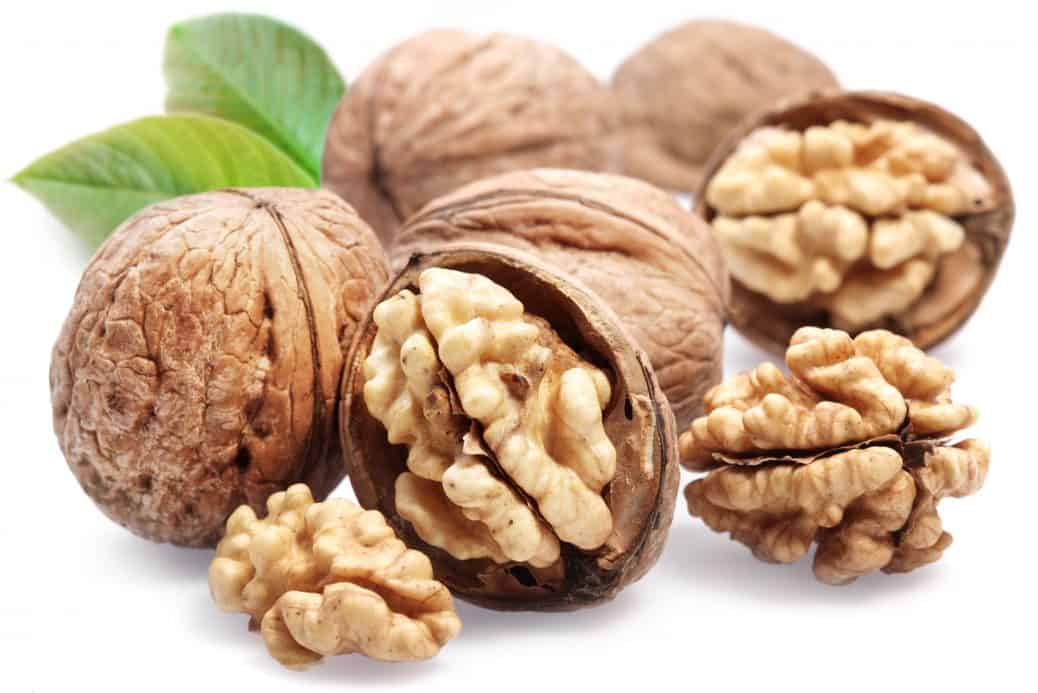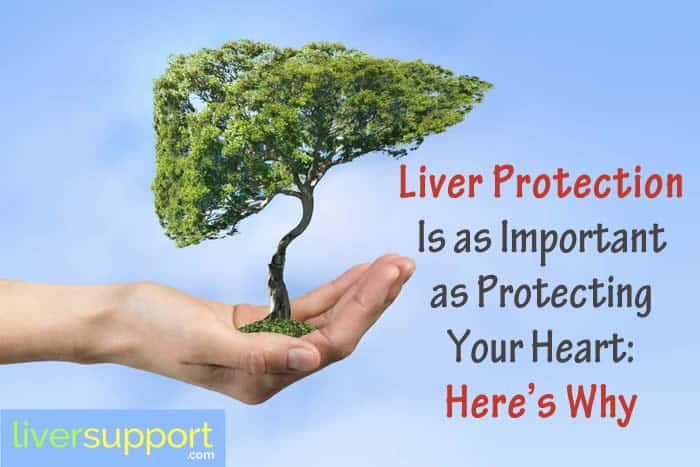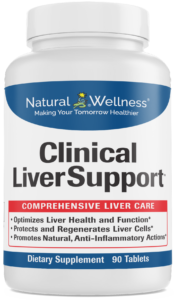
Previous
Weight and Obesity May No Longer Be Leading Indicators of Fatty Liver Disease

Next
Yale Researchers Have Found a Drug to Reverse Fatty Liver
Liver Protection Is as Important as Protecting Your Heart: Here’s Why
Heart disease may have dominated headlines this year, but liver disease is a rising and serious medical epidemic. Find out some of the best healthy foods and vitamins you can use to help protect and repair your liver.
Heart disease dominated headlines in earlier 2019. Protecting your heart is crucial, but liver protection is just as important.
A new study was released describing half of all adult Americans as having some form of cardiovascular disease (1). Researchers included coronary heart disease, heart failure, stroke and high blood pressure in reaching their conclusion (1).
Yikes. That’s a grim headline.
But from a symbolic standpoint, it’s easy to understand why the heart garners all the attention.
A beating heart is the first sign of life as we enter this world. In the zeitgeist, a heart emoji communicates not only our love for one another but how we collectively feel about anything we “like” on social media. Reciprocally, the symbol of a heart split in two is shorthand for a plethora of complicated and negative emotions. Psychologically and physically, the heart carries a lot of weight and makes for scary headlines.
But all the while we forget the less glamorous, yet equally grave medical epidemic currently unfolding throughout the U.S. LIVER DISEASE.
A Less Glamorous Epidemic
In a recent study published by The BMJ, researchers used data collected between 1999 and 2016 to identify liver disease as a fast-growing epidemic (2). Currently, there are an estimated 4.5 million Americans suffering from liver disease and, worldwide, there will be roughly 2 million deaths due to liver disease in 2019 (5).
In the researchers’ and experts’ own worlds:
“The increasing mortality due to cirrhosis and hepatocellular carcinoma speak to the expanding socioeconomic impact of liver disease. Adverse trends in liver-related mortality are particularly unfortunate given that in most cases the liver disease is preventable (2).”
Preventable is the keyword to glean from that quote. And not only is liver disease preventable but, in many cases, it’s reversible.
Experts believe that liver disease statistics are spiking due to close ties to obesity, alcohol, diet, and a complex mesh of socioeconomic issues (6).
So just because the liver doesn’t have the same name-brand recognition as the heart doesn’t mean it’s not as important. It definitely is, with the causes and effects of liver disease being far-reaching and weighing heavily on the medical system, caregivers, and the individual.
Now that we know the problem, it’s time to get proactive and start talking about what we can do to aid and repair our livers.
Cutting out the bad and knowing what’s good could be the only difference between fatty liver disease reversing or advancing. Thus, we want to answer questions such as:
- What foods are good for liver repair?
- What vitamins are good for liver protection?
- And what are the medical and nutritional experts saying regarding how to make your liver healthy again?
First Steps to Liver Protection
It’s important to know some of the behaviors and foods that can exacerbate problems in your liver and eliminate them. The liver bears the responsibility of cleaning the blood of toxins in addition to detoxifying different chemicals and helping metabolize drugs into the system, but certain foods can be harder for your liver to break down, while others can aid its natural duties.
One of the worst offenders is alcohol, with saturated fats coming in 2nd, and sugars trailing in 3rd (4).

Those substances accumulate in your liver due to how difficult they are to fully break down, which can directly contribute to fatty liver disease and cirrhosis. Just type “alcohol and liver study” into a google search to find a myriad of scientifically proven reasons why alcohol is terrible. Taking a break from alcohol is one of the most passive ways to reverse the early stage of fatty liver disease.
From a behavioral standpoint, living a sedentary lifestyle can increase the likelihood of developing liver disease. With obesity being a leading factor of many forms of liver disease, regular exercise is a powerful tool to help manage weight and prevent liver disease. Simply 30 minutes of light aerobics per day is sufficient for most adults and could be as easy as a leisurely stroll through the neighborhood.
What Foods Are Good for Liver Repair and Liver Protection?
Thankfully, there is a myriad of delicious and natural foods that bolster and support your liver.
Let’s start at the beginning of the day with the first thing most of us drink in the morning.

- Coffee: According to an article published in the Journal of Clinical Gastroenterology, “an increasing number of epidemiological and experimental studies have demonstrated the positive effects of coffee on chronic liver diseases (6).” Regular coffee drinking usually signals healthy liver enzymes and a decrease in cirrhosis and liver cancer (6).
- Green Tea: Maybe coffee isn’t your thing. Luckily, green tea relieves oxidative stress and can reduce the symptoms of nonalcoholic fatty liver disease (NAFLD).
Bran and Oatmeal
Let’s stay in the breakfast realm and highlight high fibrous food options like bran and oatmeal to help your liver out. A 2017 study found oatmeal and it’s high levels of beta-glucans to not only improve immune system functionality, but they are also anti-tumor, anti-inflammatory, anti-obesity, anti-allergic, and anti-osteoporotic (7).
Avocados
Research suggests that avocados can fortify your liver and help prevent and reverse liver disease. High in healthy fats, avocados are a potent tool in the fight against liver disease, especially for the treatment of viral hepatitis (8). Maybe that $12 avocado toast is looking like a better deal now.
Nuts

High in good fat and omega-3s, many nuts such as walnuts have long been thought of as medicinal and are not uncommon for the treatment of liver disease and clearing up phlegm.
Olive Oil and Garlic
Listed together due to their classic and quintessential culinary pairing, this combo may very well answer the question of what foods are good for liver repair. They both have unique medicinal benefits to offer our livers.
- Olive oil is high in omega-3 fatty acids and hydroxytyrosol, which not only protects the liver, but also helps manage liver enzymes in addition to body weight, one of the largest contributing factors to NAFLD (9).
- Additionally, garlic is a powerful and natural antioxidant that helps manage inflammation in the liver as well as weight. Bake, sautee, stir-fry, or just eat ‘em together raw for a delicious way to do your liver a favor.
4 Vitamins and Supplements for Liver Protection
Vitamins and supplements can be a surefire way of giving your liver all the help it needs on a consistent basis, and without breaking the bank.
- Vitamin D: A high percentage of people with chronic liver diseases also have vitamin D deficiencies (10).
- B Vitamins: Necessary for normal cell regeneration, growth, and metabolism, B vitamin B supplements improve the nutritional deficiencies common to liver disease.
- Milk Thistle: With over 3,000 research findings, milk thistle is the #1 recommended herb and supplement to help protect and regenerate your liver.
- A comprehensive liver support supplement like Natural Wellness’s Clinical LiverSupport may be one of the easiest ways to improve your liver’s overall health and function. Clinical LiverSupport will detox your liver of toxins, in addition to reducing inflammation in your liver and relieve stress. From a cost-effectiveness standpoint, a natural liver supplement like this is a great way to make sure you’re giving your liver the support it needs, even when it’s not realistic to keep your kitchen stocked with the foods listed above.
The Takeaway
Now, this isn’t to say you should stop taking care of your heart. We’re just advocating you allow the liver to share in the wellness spotlight. Both are equally important to living a balanced and healthy life.
- Susan Scutti, C. (2019). Nearly half of US adults have cardiovascular disease, study says. [online] CNN. Available at: https://www.cnn.com/2019/01/31/health/heart-disease-statistics-report/index.html [Accessed 26 Jun. 2019].
- Tapper, E. B., & Parikh, N. D. (2018, July 18). Mortality due to cirrhosis and liver cancer in the United States, 1999-2016: Observational study. [online] The BMJ. Available at: https://www.bmj.com/content/362/bmj.k2817 [Accessed 26 Jun. 2019].
- U.S. Centers For Disease Control (2013). Chronic Liver Disease and Cirrhosis. [online] www.cdc.gov Available at: https://www.cdc.gov/nchs/fastats/liver-disease.htm. [Accessed 26 Jun. 2019].
- PK, L., S, S., & Y, Z. (2018, August ). Home | Diabetes Care. Saturated Fat Is More Metabolically Harmful for the Human Liver Than Unsaturated Fat or Simple Sugars. Diabetes Care. Available at: http://care.diabetesjournals.org/content/41/8/1732.long [Accessed 26 Jun. 2019].
- SK, A., H, D., J, E., & PS, K. (2019, January ). National Center for Biotechnology Information. Burden of liver diseases in the world. [online] PubMed NCBI. Available at: http://www.ncbi.nlm.nih.gov/pubmed/30266282 [Accessed 26 Jun. 2019].
- Morisco, F., Lembo, V., Mazzone, G., Camera, S., & Caporaso, N. (2014). Coffee and liver health. [online] Journal of Clinical Gastroenterology. Available at: https://www.ncbi.nlm.nih.gov/pubmed/25291138 [Accessed 26 Jun. 2019].
- Bashir, K. M., & Choi, J. (2017, September 05). Clinical and Physiological Perspectives of β-Glucans: The Past, Present, and Future. [online] International Journal of Molecular Science. Available at: https://www.ncbi.nlm.nih.gov/pmc/articles/PMC5618555/ [Accessed 26 Jun. 2019].
- American Chemical Society. (2000, December 20). Avocados Contain Potent Liver Protectants. [online] ScienceDaily. Available at: www.sciencedaily.com/releases/2000/12/001219074822.htm [Accessed 26 Jun. 2019].
- Sandoiu, A. (2017, April 11). Olive oil compound found to reverse the damage of high-fat diet. [online] Medical News Today. Available at: https://www.medicalnewstoday.com/articles/316851.php [Accessed 26 Jun. 2019].
- Nair, S. (2010, August). Vitamin d deficiency and liver disease. [online] Gastroenterology and Hepatology. Available at: https://www.ncbi.nlm.nih.gov/pmc/articles/PMC2950664/ [Accessed 26 Jun. 2019].







